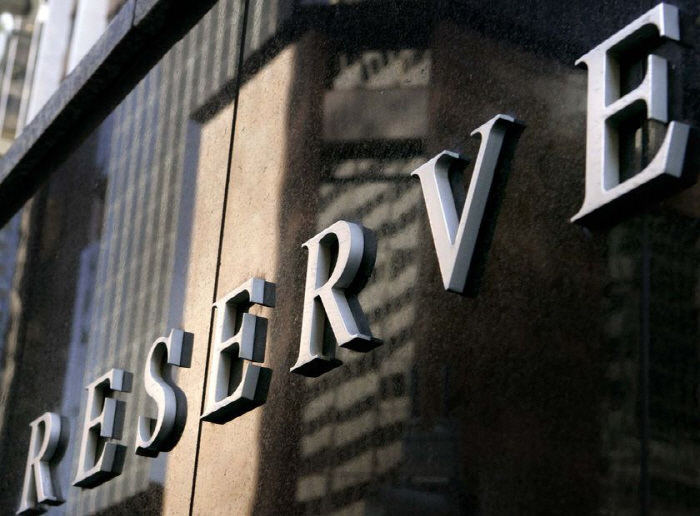The blockchain technology that powers bitcoin is already creating waves in the financial sector. The decentralized public ledger has great potential to disrupt the banking system. Major financial institution are entering the space and exploring the technology.
In an interview with The Australian Financial Review, Reserve Bank of Australia Governor Glenn Stevens spoke about the blockchain and the need for a light regulatory touch as emerging technologies disrupt local businesses and the financial services sector, writes Paul Smith of AFR.
"Blockchain is actually the bit about bitcoin that was, I think, the really clever bit," Mr Stevens said. "It is basically a distributed ledger as opposed to a centralised one, so in areas where you have no ledger it may be a cost-effective way of having one ... In areas where you've got a centralised ledger, the question is whether the distributed way of doing it will end up being more efficient and cheaper."
One of the most important development in the blockchain space has been the R3 blockchain consortium which now includes major global banks, including Commonwealth Bank of Australia, that seek to design and deliver advanced distributed/shared ledger technologies to global financial markets. They believe that a global bank blockchain should be operating within a year.
Mr Stevens said if the banks demonstrated that using the blockchain was more efficient and cheaper, it would rapidly drive wider adoption, as reported by the AFR. He suggested governments should be willing to learn from problems that arise with the use of new options like peer-to-peer lending, or services like Uber and Airbnb, rather than stifling innovation with pre-emptive laws.
"It isn't the first time that innovations or new business models have challenged the existing order – the incumbents, the suppliers to the old world and the regulatory architecture. That has all happened before and it will again”, he added. "From a public policy point of view, my attitude would be, 'well, that's fine ... let it happen', until the day when a lot of innocent people lose a lot of money and felt things were misrepresented. If that were to happen then you will find the regulatory community under pressure to adopt more oversight."
RBA Governor: Blockchain Is Actually The Bit About Bitcoin That Was, The Really Clever Bit

Wednesday, December 16, 2015 8:05 AM UTC
Editor's Picks
- Market Data
Most Popular



 Bank of Japan Signals Cautious Path Toward Further Rate Hikes Amid Yen Weakness
Bank of Japan Signals Cautious Path Toward Further Rate Hikes Amid Yen Weakness  Federal Reserve Faces Subpoena Delay Amid Investigation Into Chair Jerome Powell
Federal Reserve Faces Subpoena Delay Amid Investigation Into Chair Jerome Powell  Bank of Canada Holds Interest Rate at 2.25% Amid Trade and Global Uncertainty
Bank of Canada Holds Interest Rate at 2.25% Amid Trade and Global Uncertainty  RBI Holds Repo Rate at 5.25% as India’s Growth Outlook Strengthens After U.S. Trade Deal
RBI Holds Repo Rate at 5.25% as India’s Growth Outlook Strengthens After U.S. Trade Deal  Bank of England Expected to Hold Interest Rates at 3.75% as Inflation Remains Elevated
Bank of England Expected to Hold Interest Rates at 3.75% as Inflation Remains Elevated  FxWirePro- Major Crypto levels and bias summary
FxWirePro- Major Crypto levels and bias summary  China Extends Gold Buying Streak as Reserves Surge Despite Volatile Prices
China Extends Gold Buying Streak as Reserves Surge Despite Volatile Prices 






























